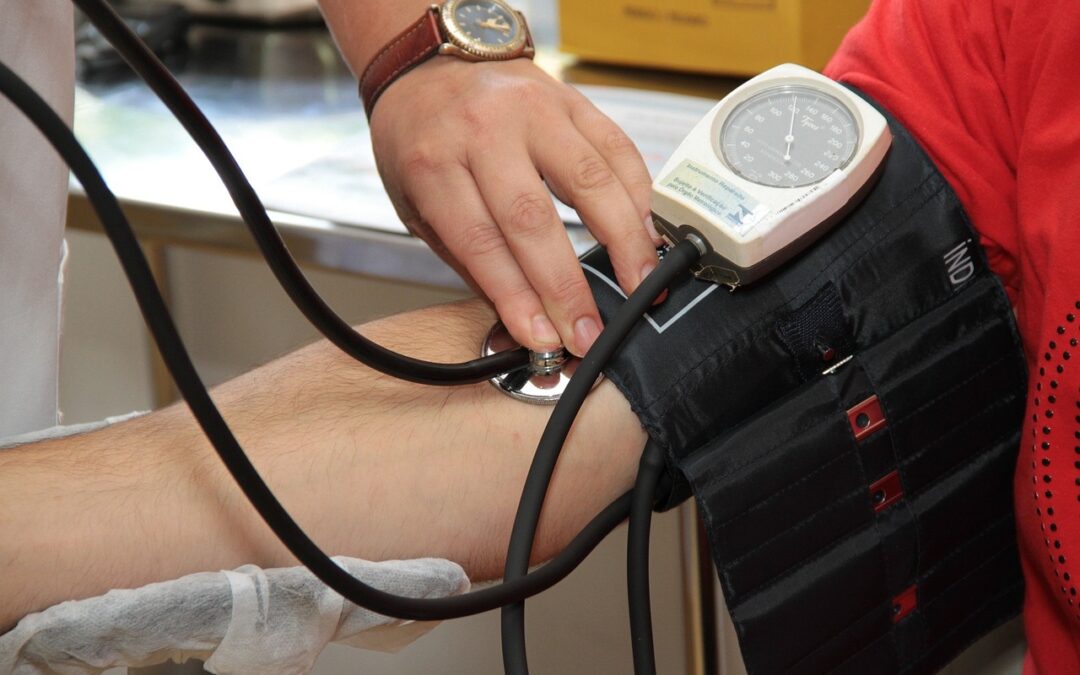Exploring the Most Common Service-Connected Disabilities Among Veterans. Service-connected disabilities are conditions that a veteran develops or that worsen during their military service. Understanding these disabilities is crucial for providing the right support and resources. In this article, we’ll explore the most common service-connected disabilities among veterans, providing insights into their causes, symptoms, and the benefits available.
- Hearing Loss and Tinnitus
Hearing impairments, including hearing loss and tinnitus, top the list of service-connected disabilities among veterans. Exposure to loud noises from machinery, gunfire, and explosions during military service is the primary cause. Tinnitus results in a ringing or buzzing noise in the ears and is often accompanied by hearing loss. These conditions not only affect veterans’ quality of life but also their ability to communicate effectively in social and work environments.
- Post-Traumatic Stress Disorder (PTSD)
PTSD is a mental health condition triggered by experiencing or witnessing traumatic events. Veterans with PTSD may experience flashbacks, severe anxiety, uncontrollable thoughts about the event, and emotional numbness. The condition is prevalent among veterans due to the intense and often life-threatening nature of military duties. Recognizing and treating PTSD is vital for the mental health and well-being of affected veterans.
- Musculoskeletal Injuries
Injuries to the musculoskeletal system, including conditions affecting the back, knees, and shoulders, are widespread among veterans. These injuries can result from the heavy gear carried, repetitive stress, or specific injuries during active duty. Chronic pain and limited mobility from these injuries can significantly impact a veteran’s daily activities and their ability to work.
- Chronic Back Pain
Chronic back pain is a specific category of musculoskeletal issues that deserves particular attention due to its frequency and the disability it can cause. Often a result of carrying heavy equipment, vehicular accidents, or the physical demands of service, chronic back pain can be debilitating. Managing this pain and improving function are crucial for enhancing life quality for veterans.
- Mental Health Conditions
Beyond PTSD, other mental health conditions such as depression, anxiety, and substance abuse are common among veterans. The stresses of service, combined with the transition back to civilian life, can exacerbate these conditions. Understanding and addressing these mental health needs is critical for supporting veterans as they reintegrate into civilian life.
- Traumatic Brain Injury (TBI)
TBI is another significant health issue for veterans, often resulting from explosions or other combat-related injuries. Symptoms can range from mild, such as headaches and temporary confusion, to severe, impacting cognitive function and emotional regulation. TBI can lead to long-term neurological problems, making comprehensive medical care essential.
- Skin Disorders
Skin disorders might seem less severe but are prevalent due to various factors like exposure to harsh environments, contact with toxic substances, or infectious diseases during service. Common conditions include eczema, dermatitis, and skin cancers. Effective treatment and management are necessary to prevent complications and improve veterans’ quality of life.
- Respiratory Problems
Respiratory conditions, including asthma and chronic obstructive pulmonary disease (COPD), are common due to exposure to pollutants, chemicals, and poor air quality during military service. Managing these conditions is vital to ensure that veterans lead active and healthy lives.
The range of service-connected disabilities among veterans is vast and varied. These disabilities reflect the enormous sacrifices veterans have made and highlight the importance of ensuring they receive the comprehensive healthcare and benefits they deserve. Recognizing these common conditions helps us appreciate the challenges faced by our veterans and underscores the need for robust support systems.
VA benefits and healthcare initiatives play a critical role in supporting veterans with these disabilities. Veterans experiencing any of these conditions should seek assistance through the VA to gain access to all the benefits and medical care they are entitled to.

